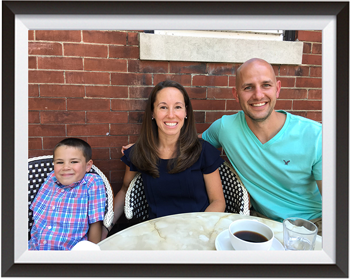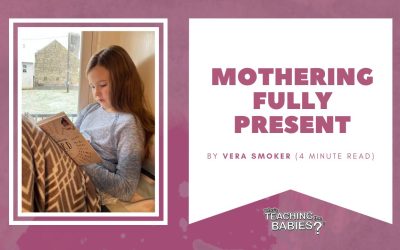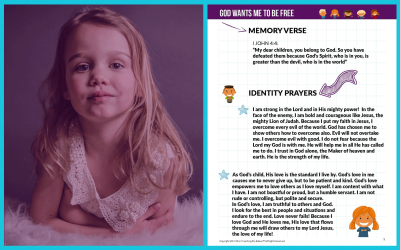
Written by JEANNENE S. for Who’s Teaching the Babies?®
How were you taught to apologize as a child? Was this even something your family valued? What resonates inside of you as the purpose of an apology? For me, I don’t remember specifically what I was taught about apologies, whether with words or with action, but what I have realized is that I have certain values regarding the concept of apology, as well as the need and value of it in relationships. Not only this, but I’ve also grown to value God’s instruction for forgiveness, and how important it is to choose to forgive in my own heart as well as releasing the person that offended. This is important to my relationship with God, and my personal well-being.
I have seen the resulting fruit and have been convicted about God’s instruction regarding forgiveness in my own life. He loves us so much and wants us healed and whole. As a result, my husband and I have sought to not only teach our child how to forgive others, but we’ve also sought to demonstrate how to apologize to our child. It’s amazing that when you teach your child—especially through demonstration—that there is no shame in apologizing and admitting when we are wrong, it’s that much easier for them to forgive others. When we realize that no one is above apologizing, and that we all make mistakes but we have a God—the only righteous judge—that forgives, we can freely forgive and apologize for our wrongs. This benefit both our relationships and our personal well-being. Knowing ultimately that we are forgiven by God and that our mistakes do not define who we are, we can easily turn our hearts towards loving others and loving God through protecting our connections.
So, how do we teach our children to value forgiveness and see apologizing for our wrongs the way God sees them? We can start by teaching them how to forgive. We do this by having the child talk to God about how they were hurt, confessing that God would not hurt them, and speaking that they choose to forgive the one that hurt them. Then they can ask God what He would like to fill their heart with, in place of that hurt. This begins to teach the child trust in our Good and righteous God, and to realize that people don’t always do the right thing. We can also teach them how to apologize, first through demonstrating it as parents, and then through walking them through it in their own interactions. We can demonstrate to our children how much an apology is not a stain against your identity. Even grown-ups and authority figures don’t always do the right thing, and as that authority we demonstrate how to apologize and get back on the right path. Finally, when the time comes for the child to apologize for their own actions, you can walk them through by asking them the following questions: “What do you think you should say?”, “What are you sorry for?”, “How do you think what you did affected the other person?”, and even, “Is there anything you could do to make things right again?” They not only learn to say “I’m sorry,” but they also learn to admit when they are wrong, to understand how their actions affect those around them, and to restore connection as a priority, giving them incentive to repent from those actions in the future.


Dr. Gary Chapman, author of The 5 Love Languages and many other books, provides an apology profile or assessment on his website, helping you to discover your primary apology language. You can find this helpful tool here.
If you have found that you have lost hope or value in apology in your relationships, it may be because what you value in an apology is not being met. Learn the 5 types of apologies and teach them to your children, so they can begin to see the value in saying, “I’m sorry,” and what it truly means.
Want to receive new blog posts and resources right in your inbox?
Subscribe to our Mailing List.
Get social with us.
Read More
Mothering Fully Present
God isn’t looking for perfect moms with perfect methods and ideas to raise His kids. Just moms who are humble and pliable and rest-FULL enough from the inside-out to hear His voice and partner with Him.
Identity Statements
Throughout over 30 years of ministering identity and destiny to children, we have put together many prayers, identity statements, and tools to empower and speak truth into precious young lives. Here we have the privilege of being able to offer some of these resources just for YOU to minister life in your very own home.
God Wants Me to be Free – FREE LESSON PLAN
Through this simple, but powerful lesson plan, teach your children the authority that they have over the enemy and how they have the power to choose what they will allow to affect their heart and soul.
Who's Teaching the Babies?®
Establishing identity and destiny one baby at a time.
QUICK LINKS
FOLLOW US




0 Comments